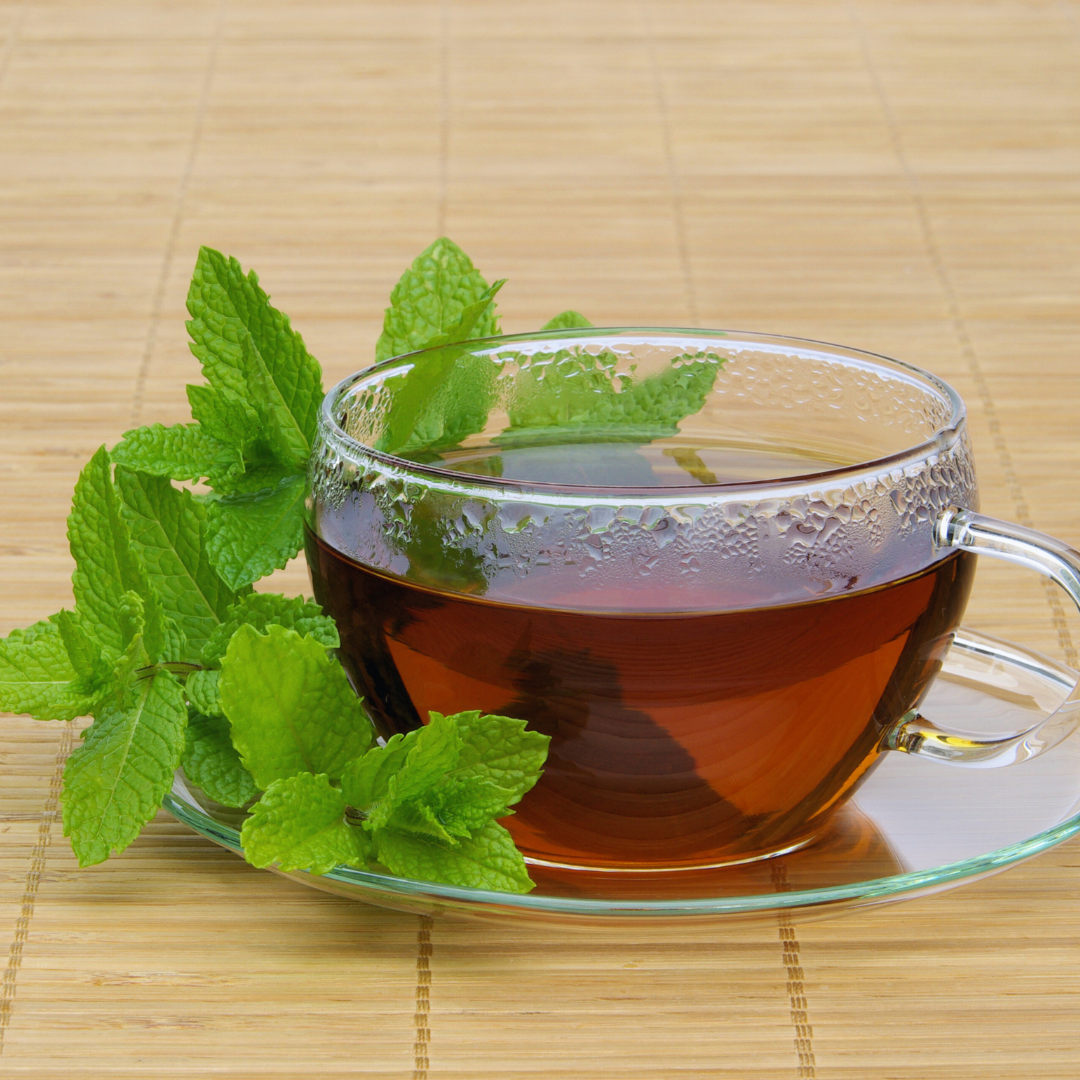Herbal Teas That Boost Your Immune System: Discover Nature’s Best Defences
Herbal teas are a natural and soothing way to enhance immunity and overall health. Many herbs are known for their medicinal properties, and incorporating them into daily routines can provide essential support to the immune system. Certain herbal teas have been shown to boost immune function, making them an excellent choice for anyone looking to fortify their body’s defences.
A variety of herbal teas, including echinacea, ginger, and elderberry, can offer beneficial compounds that encourage a robust immune response. These teas not only provide warmth and comfort but also serve as a delicious means to promote well-being. By exploring which herbal ingredients provide the most support, individuals can tailor their tea-drinking habits to better serve their health needs.
In an age where maintaining good health is paramount, utilising herbal teas as a complementary approach becomes increasingly appealing. Armed with this knowledge, readers can make informed choices to enhance their immunity through delicious, natural beverages.
Understanding Herbal Teas and Immunity
Herbal teas may play a significant role in supporting the immune system. By harnessing various plants, these teas offer unique health benefits that enhance the body’s natural defence mechanisms.
What Are Herbal Teas?
Herbal teas, also known as infusions, are beverages made from the leaves, flowers, seeds, or roots of plants. Unlike traditional tea, which comes from the Camellia sinensis plant, herbal teas can include a wide range of ingredients, providing diverse flavours and health benefits.
Quality matters when selecting herbal teas. Premium-grade herbs ensure that the beneficial properties are retained. Common ingredients include echinacea, elderberry, and ginger, each contributing unique compounds that may enhance wellness.
The Role of the Immune System
The immune system is a complex network that protects the body from pathogens. It includes white blood cells, antibodies, and organs like the thymus and spleen.
A robust immune system stands as the body’s primary defence against infections and diseases. Factors such as stress, poor diet, and lack of sleep can weaken immunity. Maintaining a healthy lifestyle, including the consumption of herbal teas, can support immune function.
How Herbal Teas Support Immunity
Herbal teas can support immunity through various mechanisms. Many contain antioxidants, compounds that combat oxidative stress and inflammation. For example, elderberry is renowned for its potential to reduce cold and flu symptoms.
Additionally, some herbal teas exhibit anti-inflammatory properties. Ginger and turmeric, for instance, are effective in reducing inflammation, which can positively impact immune responses. Regular consumption may aid in maintaining overall health and resilience against illnesses.
Incorporating herbal teas into a daily routine may provide a complementary approach to strengthening the immune system.
Top Herbal Teas That Boost Your Immune System
Certain herbal teas are recognised for their potential to enhance the immune system. These teas often contain specific compounds that provide benefits during cold and flu seasons. Below are some key herbal options that may help boost immune function.
Echinacea Tea
Echinacea tea is derived from the Echinacea plant, known for its immune-boosting properties. Research suggests that it may reduce the duration and severity of colds and flu. Echinacea is rich in antioxidants, which help combat free radicals and lower inflammation.
Preparing Echinacea tea is straightforward. One can steep dried Echinacea flowers or roots in hot water for about 10 to 15 minutes. Adding honey can enhance its soothing effects, particularly for a sore throat. Regular consumption, especially during cold seasons, may offer added protection against viral infections.
Thyme Infusion
Thyme infusion is another potent herbal tea for immune support. Thyme is packed with antioxidants and has natural antibacterial properties. This makes it effective against respiratory infections and bronchitis, providing relief during flu season.
To prepare thyme infusion, steep fresh or dried thyme leaves in boiling water for about 5 to 10 minutes. The resulting tea can be consumed daily, aiding in respiratory health and providing a soothing effect for the throat. Its aroma also has a calming effect, making it a comforting choice when one feels under the weather.
Peppermint Tea
Peppermint tea is widely appreciated not just for its refreshing flavour, but also for its health benefits. It can aid digestion and relieve headaches, making it a versatile option for overall well-being. The menthol present in peppermint can also help clear nasal passages, which is beneficial during colds.
To brew peppermint tea, simply steep fresh or dried mint leaves in hot water for around 7 to 10 minutes. This tea can be a great relaxant after meals and is effective when consumed warm to soothe the throat. Its natural cooling sensation can make it especially pleasant when feeling unwell.
Green Tea and Other Immune-Boosters
Green tea is renowned for its high levels of antioxidants, particularly catechins, which may support immune function. Regular consumption might help in reducing the risk of certain infections. Additionally, other ingredients like ginger and turmeric can be infused into green tea for enhanced benefits.
Making a cup of green tea involves steeping the leaves in hot water for 2 to 3 minutes. For added benefits, consider mixing in slices of ginger or a pinch of turmeric. This combination may provide a powerful immune boost while offering a delightful flavour profile.
Nutritional Benefits of Immune-Boosting Herbal Teas
Herbal teas provide various nutritional advantages, supporting the immune system through essential vitamins and minerals, potent antioxidants, and beneficial anti-inflammatory effects. Additionally, certain herbal teas can promote digestive health, alleviating issues like bloating.
Vitamins and Minerals in Herbal Teas
Herbal teas often contain a range of essential vitamins and minerals that play a vital role in immune function. For instance, echinacea is known for its potential to stimulate immune activity and contains vitamins C and E.
Key Nutrients in Popular Herbal Teas:
- Peppermint: Contains vitamin A and several B vitamins, aiding in overall health.
- Ginger: Provides vitamins B6 and C, which enhance immune responses.
- Chamomile: Rich in manganese, which supports antioxidant functions.
These nutrients can help combat free radicals and promote overall well-being.
Antioxidant and Anti-Inflammatory Effects
Many herbal teas are rich in antioxidants, which help neutralise free radicals, reducing oxidative stress. For example, hibiscus tea is high in anthocyanins, known for their antioxidant properties.
Herbal Teas with Notable Antioxidant Content:
- Green Tea: Contains catechins, which have anti-inflammatory effects.
- Turmeric Tea: Curcumin, its active ingredient, is renowned for its strong anti-inflammatory actions.
Regular consumption of these teas can contribute significantly to maintaining a robust immune system by reducing inflammation and protecting against various ailments.
Support for Digestion and Bloating
Certain herbal teas can aid digestion and relieve bloating, which indirectly supports the immune system. For instance, ginger tea is famous for its soothing effects on the digestive tract.
Herbal Teas Beneficial for Digestion:
- Peppermint: Often used to ease digestive discomfort.
- Fennel Tea: Known for relieving bloating and gas.
These teas can enhance nutrient absorption, which is crucial for optimal immune function. Promoting a healthy gut not only improves digestion but also supports the body’s overall health.


